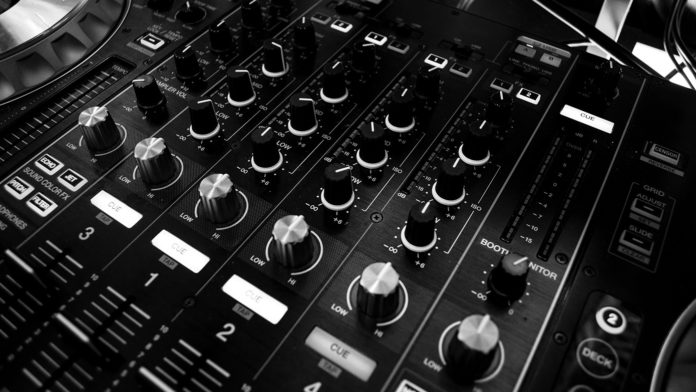The ICU can be a stressful place. As patients drift in and out of consciousness, the things they see and hear can be traumatic. In particular, sounds and alarms can be disruptive to patients as they rest, making it hard to get the sleep they need to heal.
An AI-based system could help provide a more relaxing soundscape that adapts to what each patient needs.
The system is being developed by Michael Frishkopf, professor of music at the University of Alberta. It uses machine learning to act like a personal DJ, reading physiological feedback like a patient’s heart rate, breathing, and sweat gland response to adapt the playlist to each patient in real time.
The foundation is an audio library of music, natural, and synthetic sounds that have been selected to reduce stress. The tracks can be mixed to help patients relax.
“If it’s not working, then (the system would) try something else — or maybe raise the volume, change the treble, the bass — there are so many parameters,” explained Frishkopf in a press release.
The researchers envision that other parameters — like a person’s gender, age, and culture — might also help guide the experience.
The system has yet to be tested directly in the ICU, but at the moment, Frishkopf is collaborating with nursing professor Elisavet Papathanasoglou and PhD student Shaista Meghani to test the system on patients who left the ICU with post-traumatic stress disorder (PTSD).
If proven, there are enormous benefits to using sound therapy over medications to treat anxiety in the ICU. There are no known side effects to playing calming sounds, and it’s a low-cost and non-invasive approach that the team hopes can have a similar benefit.
Patients in the ICU are critically ill, and therapies that can cater to their needs without interfering with treatment or introducing more medications would be welcome news. Soundscapes provide a rich library to draw on, allowing a system to pull different levers to offer each patient the ideal mix.








































